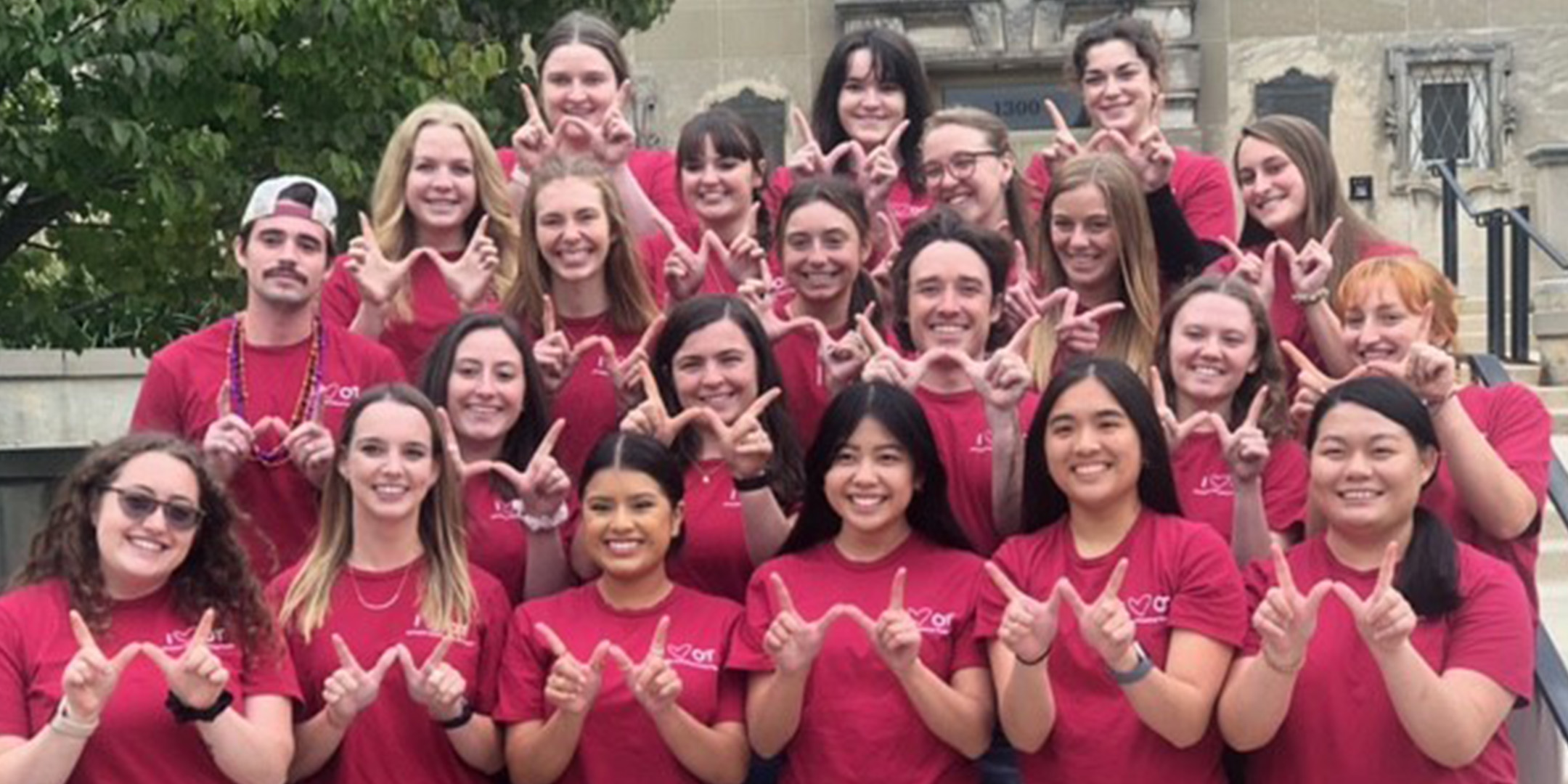
Betty Hasselkus ’60, PhD’87 and her husband, Edward ’54, MS’58, PhD’62, both served as professors at UW–Madison, and to this day, they maintain a passion for supporting Badgers while elevating the university. Betty dedicated 40 years to the occupational therapy (OT) profession, and in that time, she focused her teaching, research, and practice on improving the experiences of those in her community.
Through the Betty Risteen Hasselkus Research Award Fund, created in 2020, Betty and Edward are providing thoughtful and generous support to graduate students in the UW’s occupational therapy program who are conducting capstone-project research or pursuing a dual doctorate in OT and kinesiology. Betty’s decades-long commitment to the OT profession left her with a deep love of learning and a strong desire to open doors for future Badgers.
“For the longest time, I disregarded my interest in pursuing a doctorate degree because it felt inaccessible,” shares Hasselkus scholar Allison Block ’21, OTDx’25. “This award removed that barrier and allowed me to go after a true passion of mine. My research interests are in the neurobiological basis for developmental and psychological disorders and how this information may translate to clinical practice and future laws and policies. It is difficult to describe how grateful I am.”
Founded in 1943, the UW’s OT program is housed within the School of Education’s Department of Kinesiology and is considered one of the best in the nation. Donor gifts like the Hasselkus award help expand students’ research. This allows hardworking Badgers to develop a better understanding of clients’ everyday lives and learn how to work with them within their own environment.
“Our professional occupational therapy program is one of the oldest and most successful in the United States, while our advanced graduate programs are actively preparing the next generation of occupational therapy educators, leaders, and scholars,” says Ruth Benedict, former director of the UW’s OT program. “The success of our program rests, in large part, on the outstanding faculty and staff who teach our classes and conduct research at the cutting edge of occupational science.”
In an effort to better meet the needs of students, the department launched its entry-level doctor of occupational therapy (OTD) program in 2021 to produce visionary leaders who will help transform our country’s health and education systems and address the needs of an aging society.
“Without an effective, comprehensive conceptualization of our practices and strong research support, treatments would not exist,” explains Hannah Laufenberg OTDx’25, who also received support from the Hasselkus fund. “I am excited to be actively engaging in exploration of graduate research through the OTD pathway with the help of generous donations. Over the past four years, I have witnessed just how much of an impact one person and one idea can make, and I am enthusiastic about working with a team of dedicated researchers at the UW to build upon research-backed therapeutic practices in order to make a positive impact on this field.”
